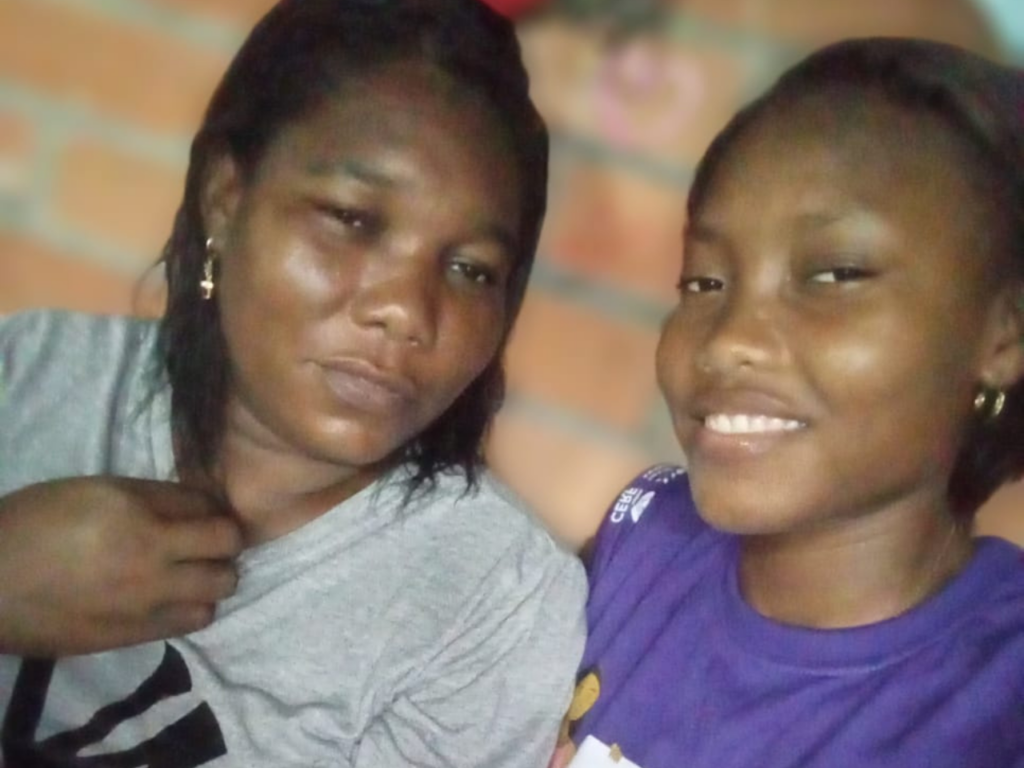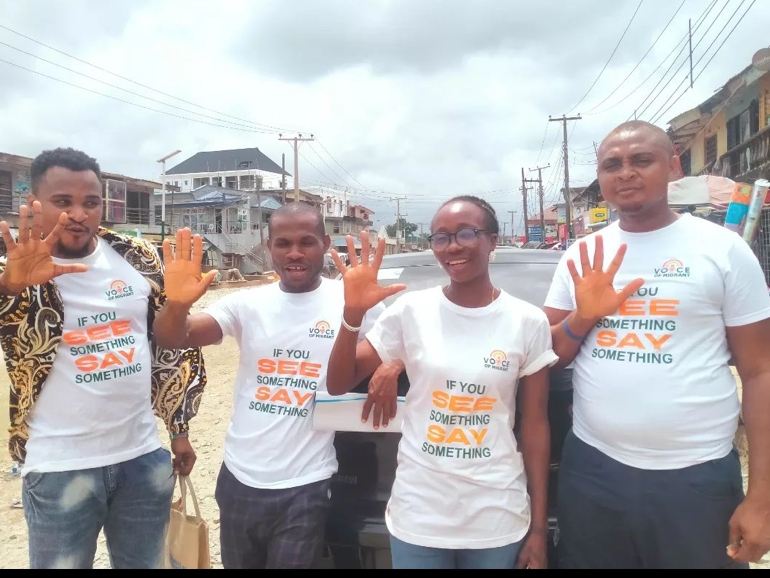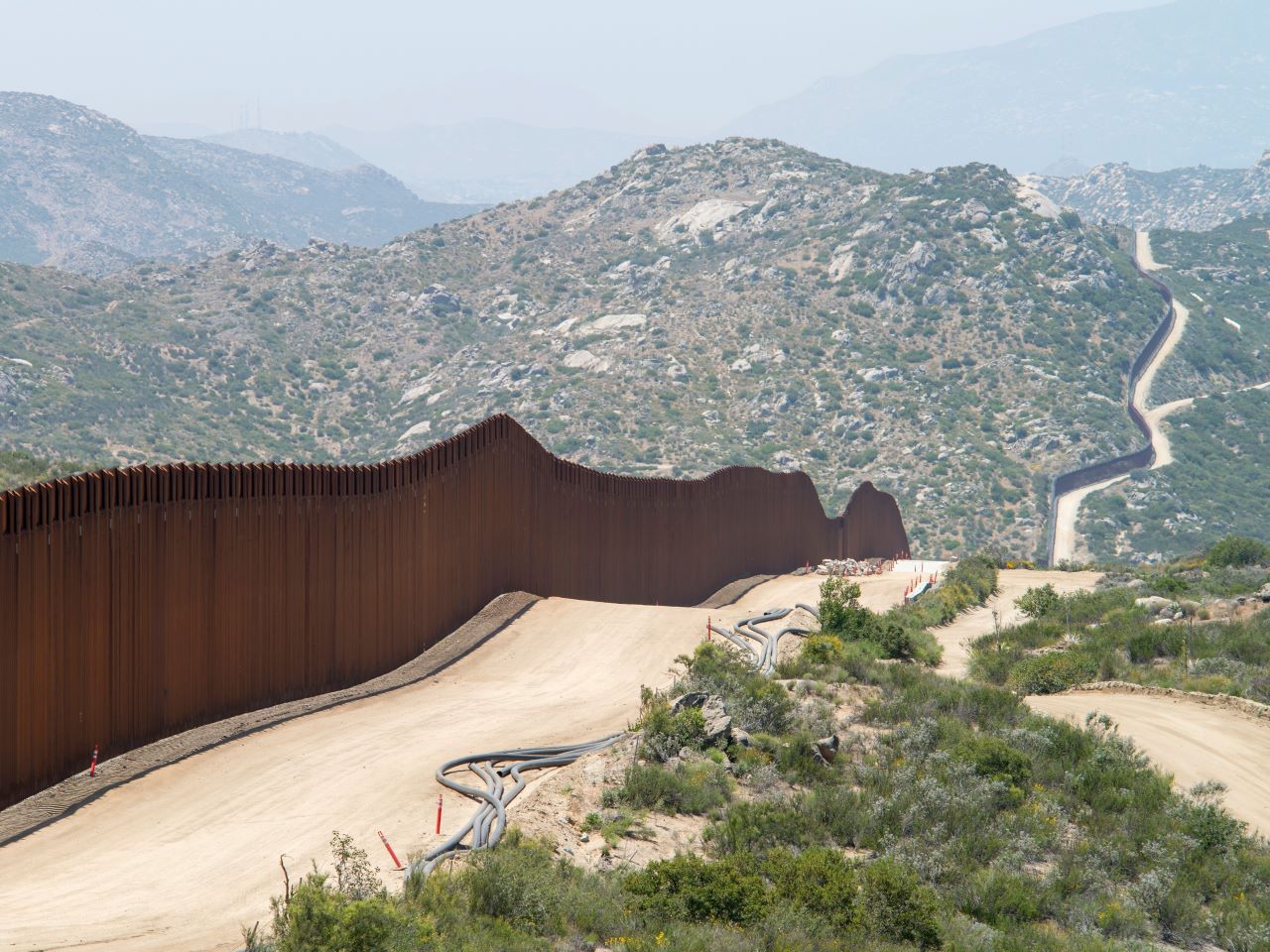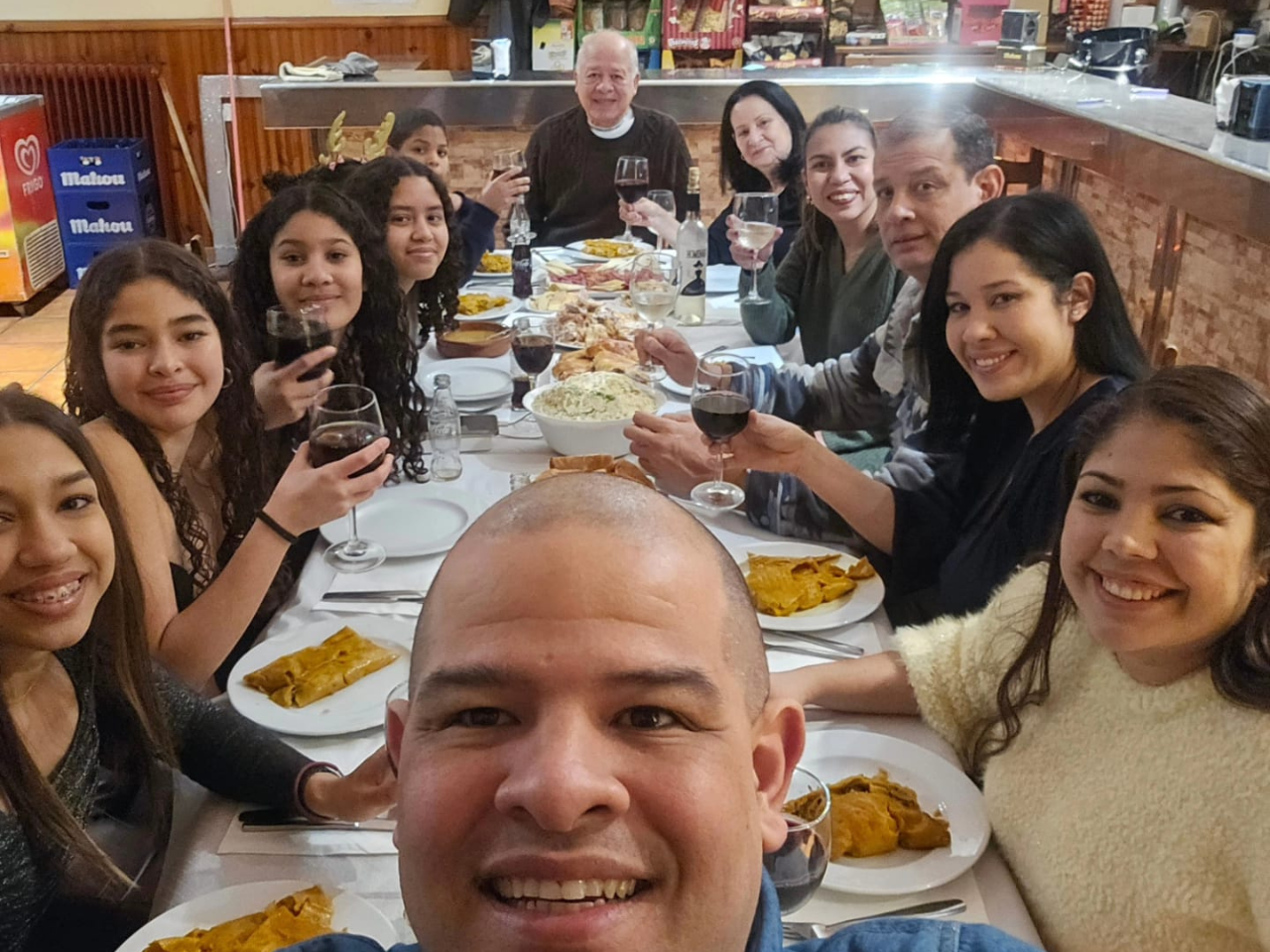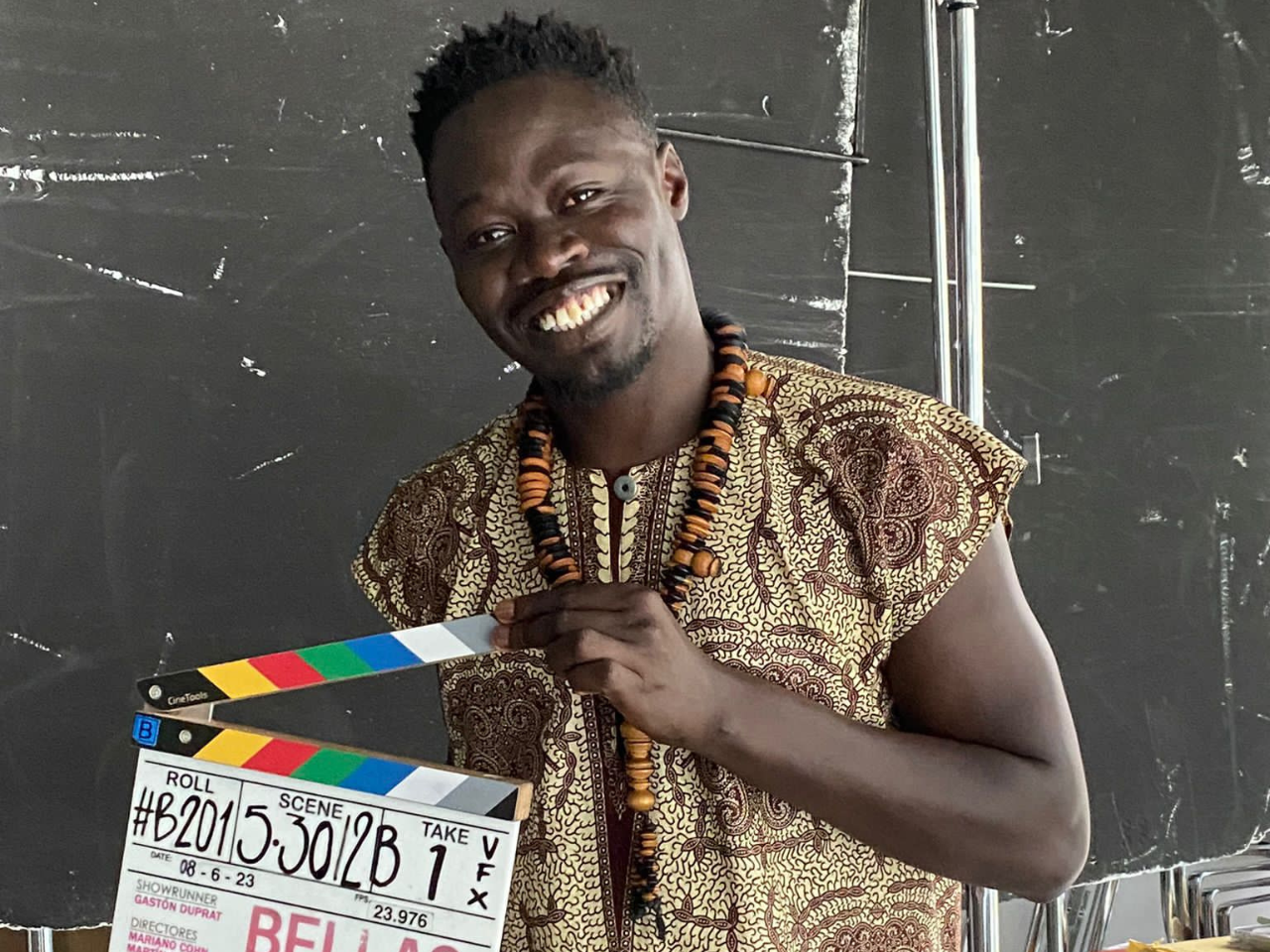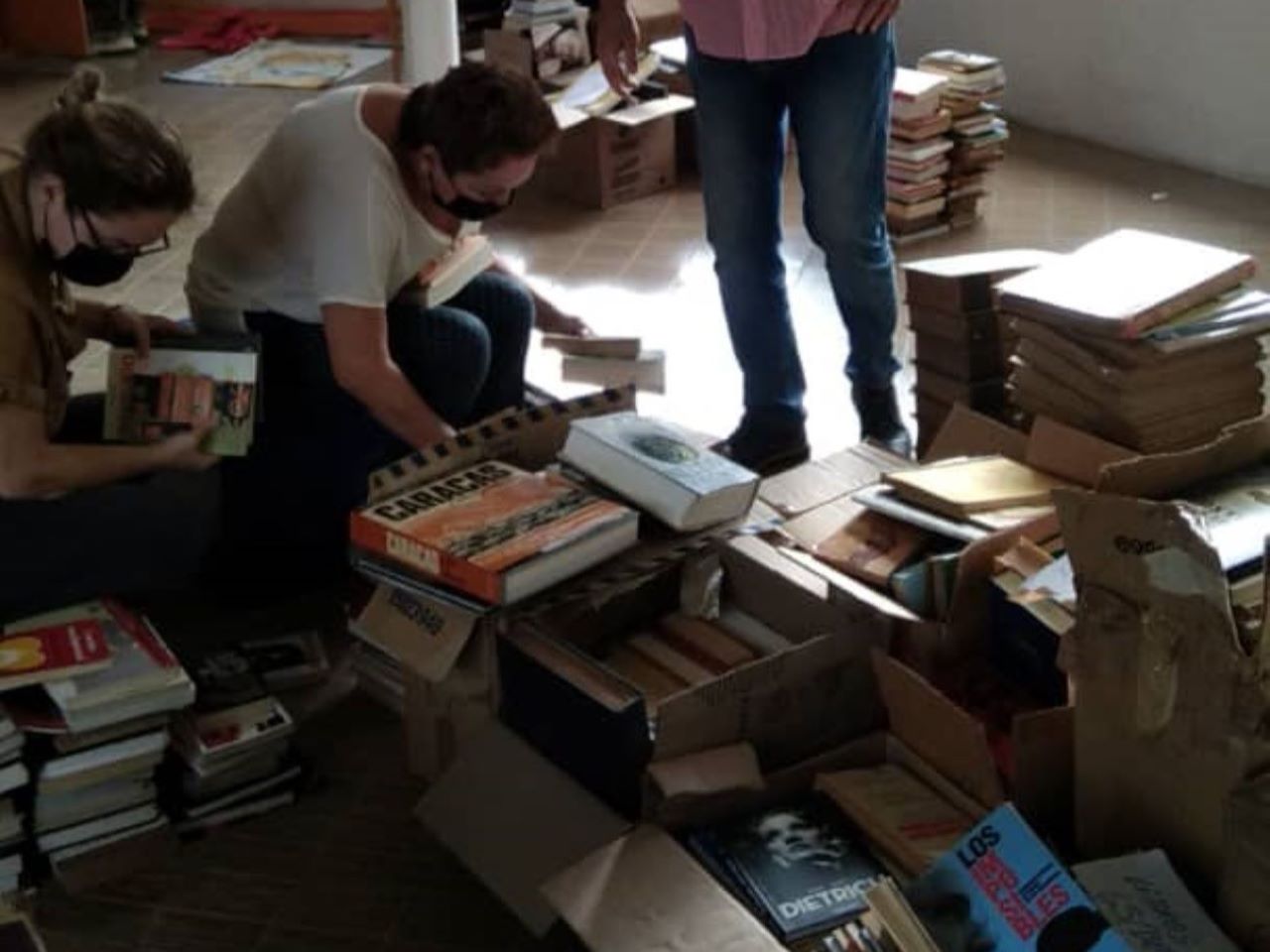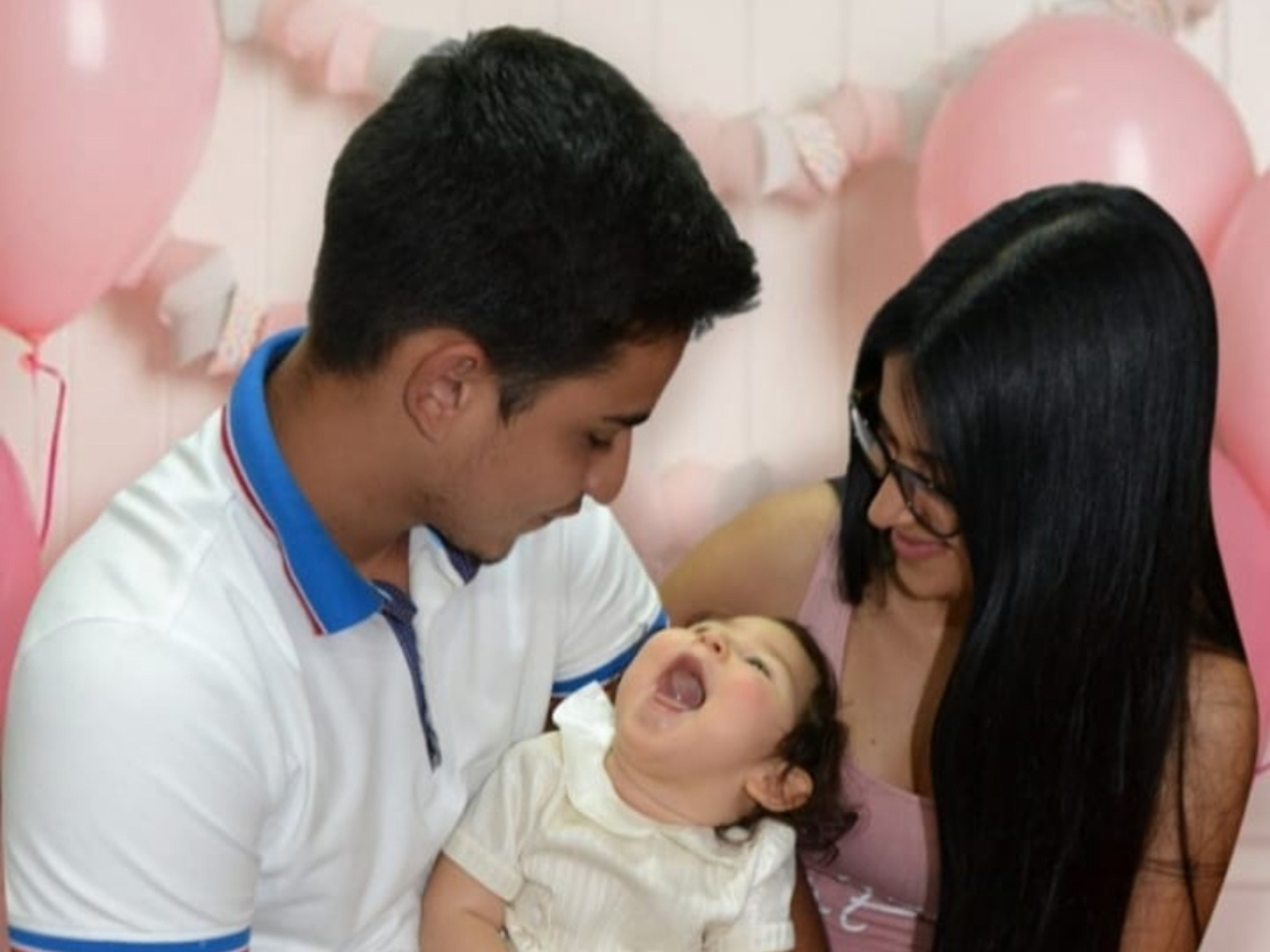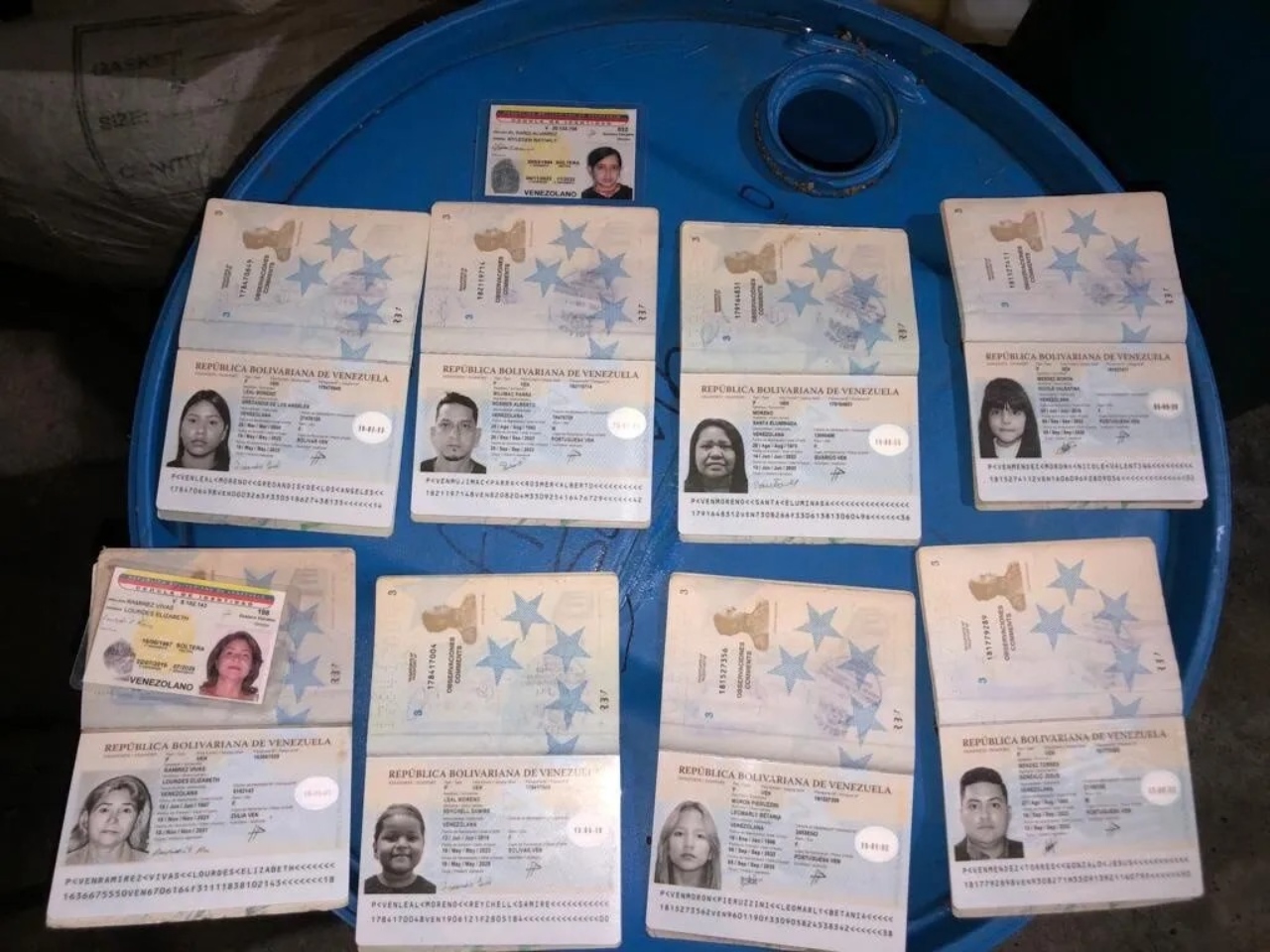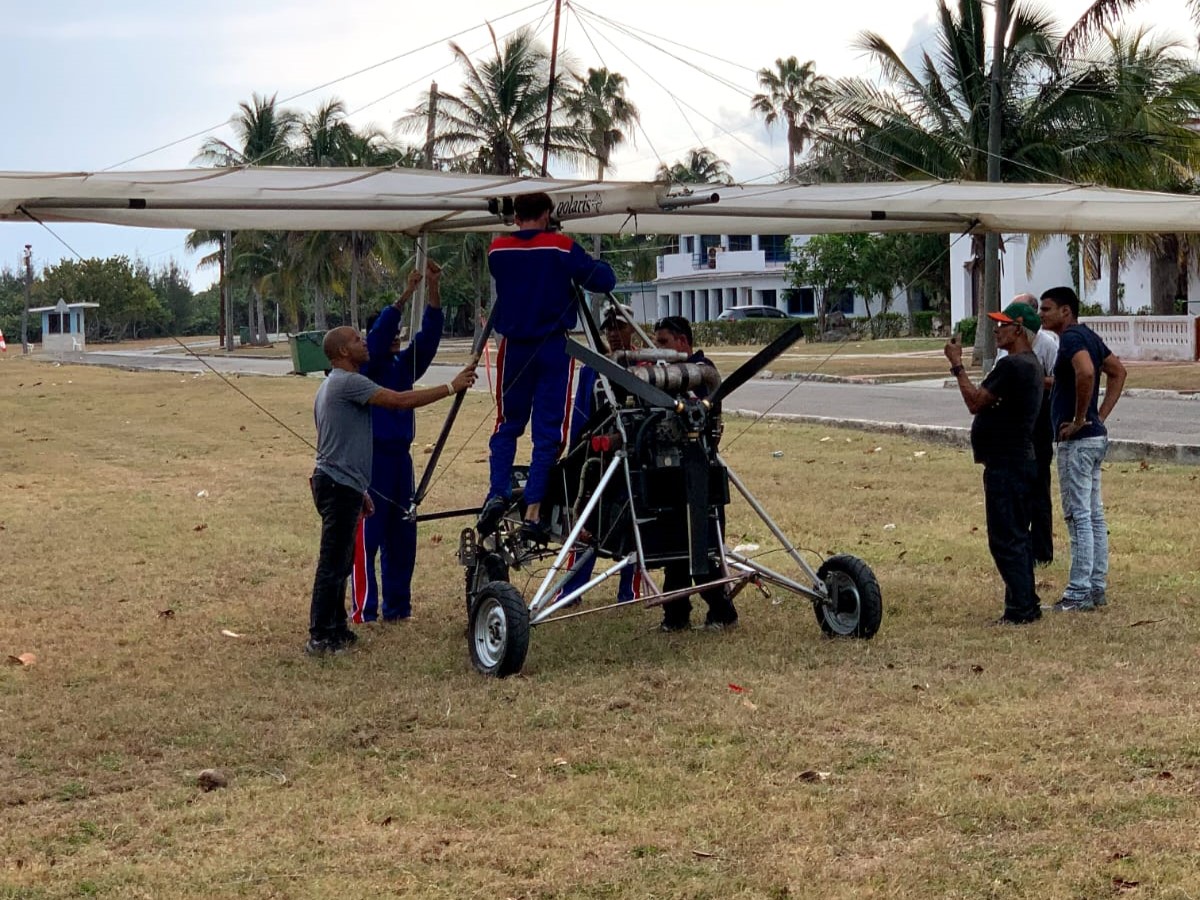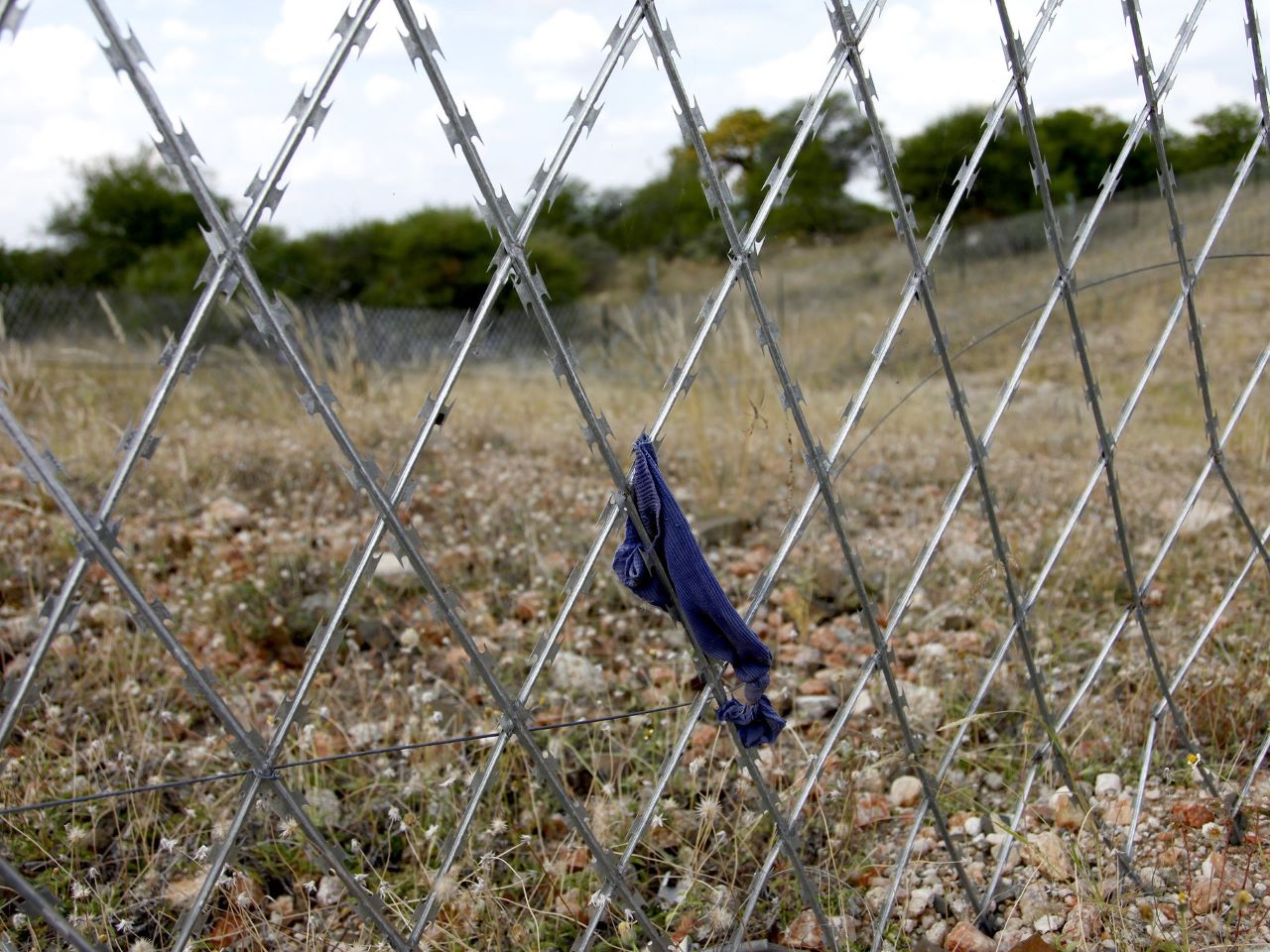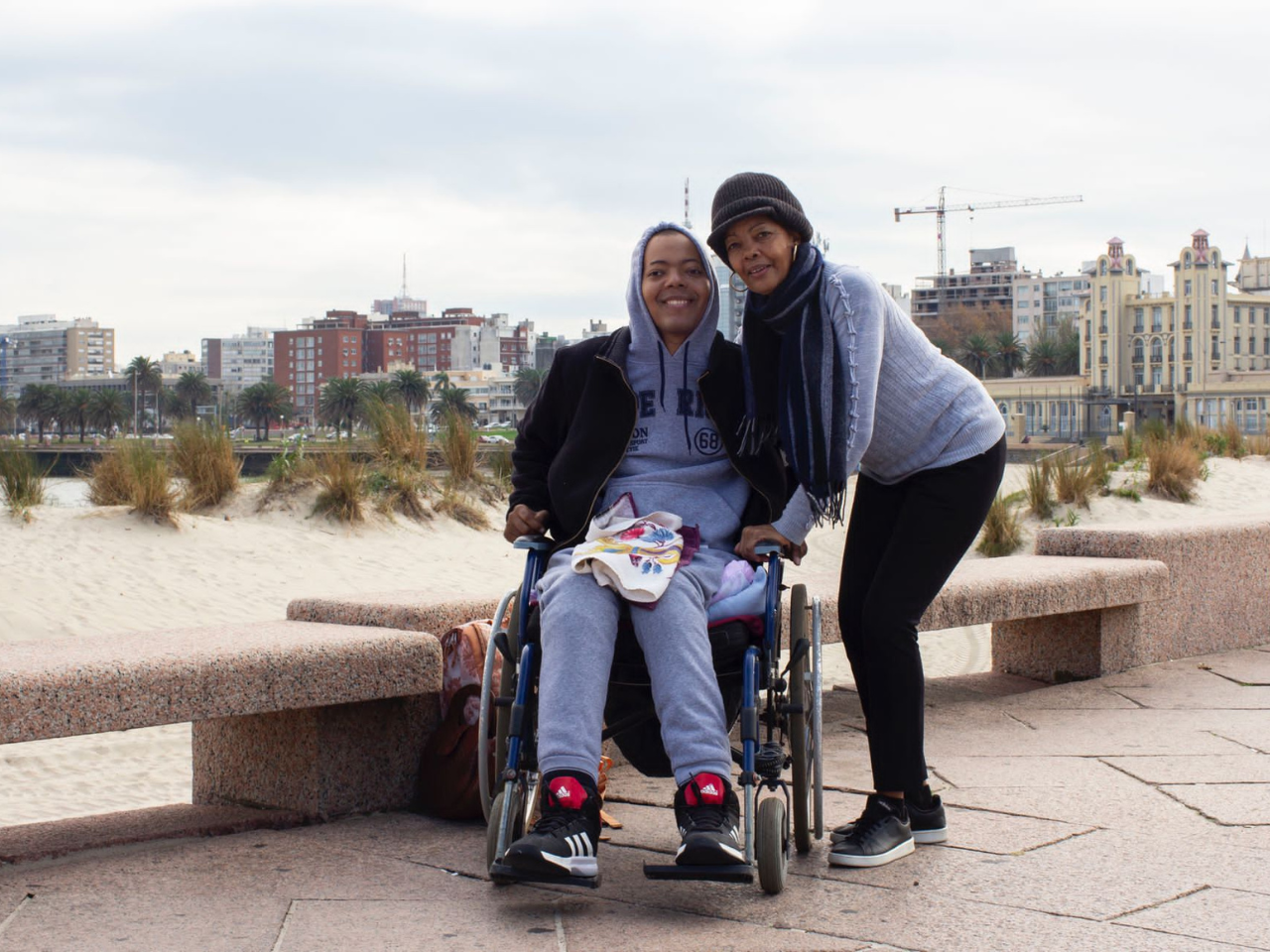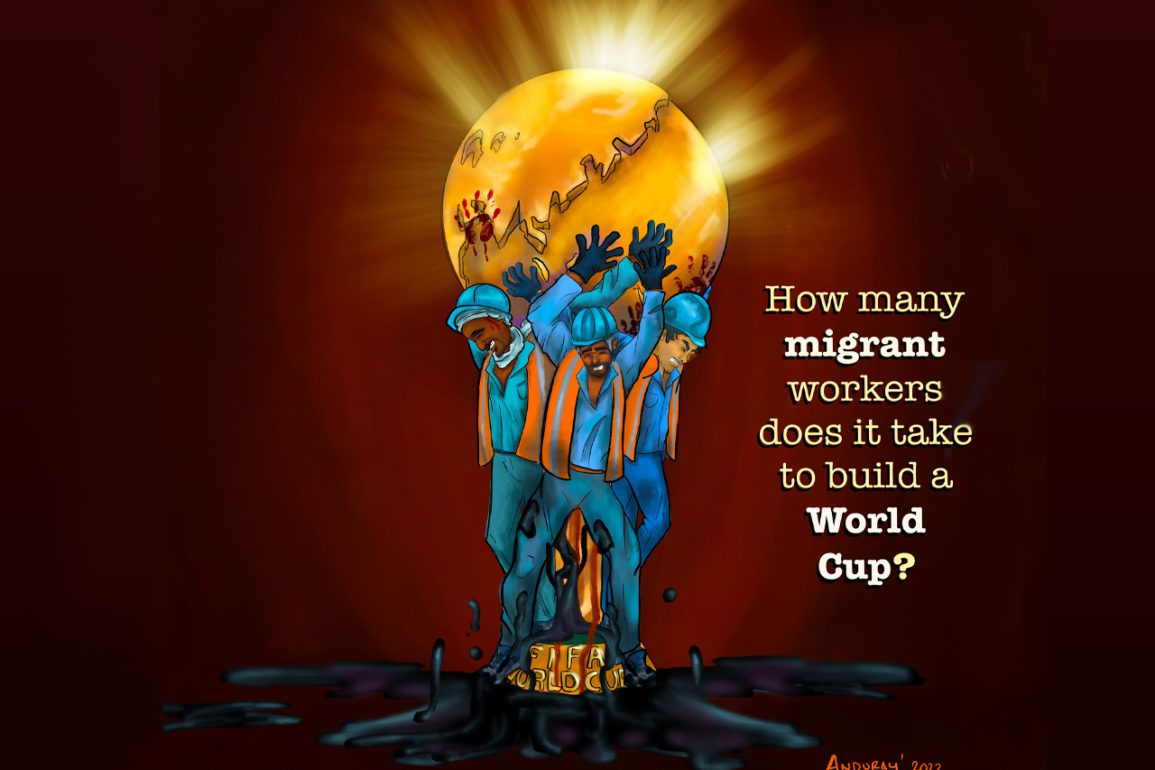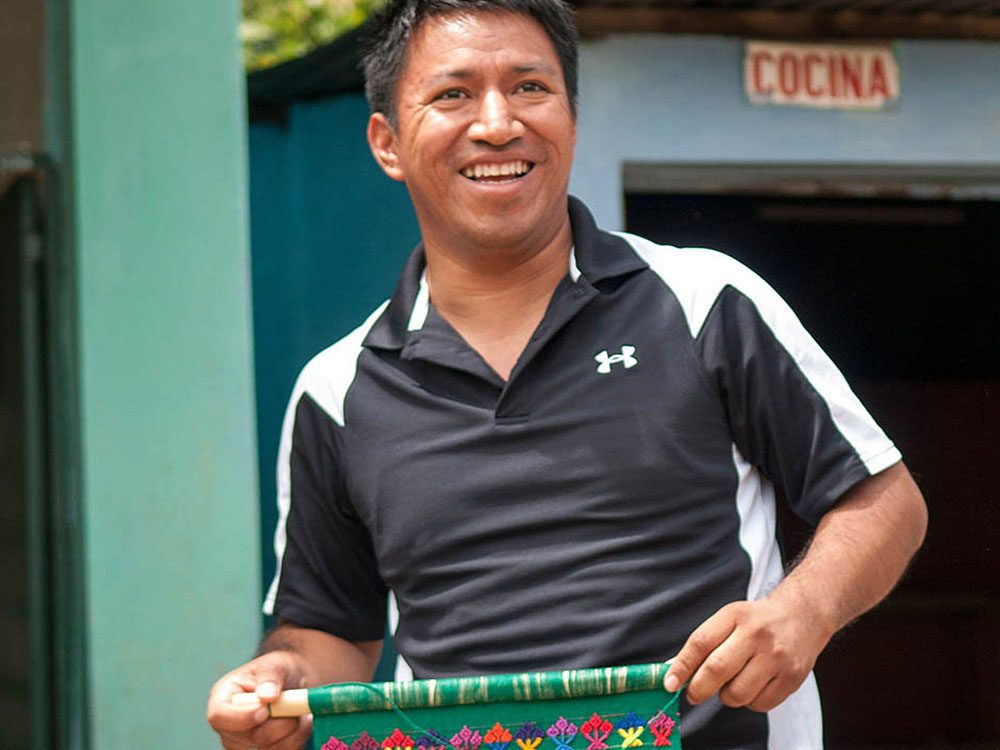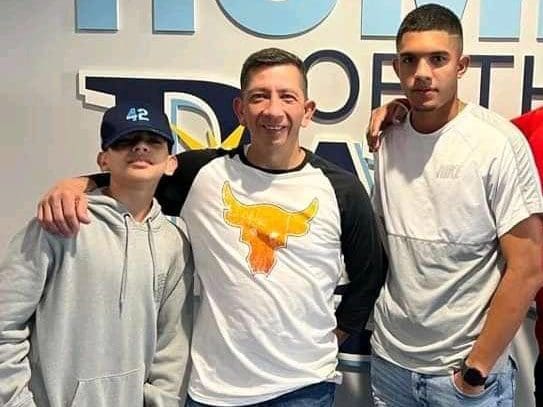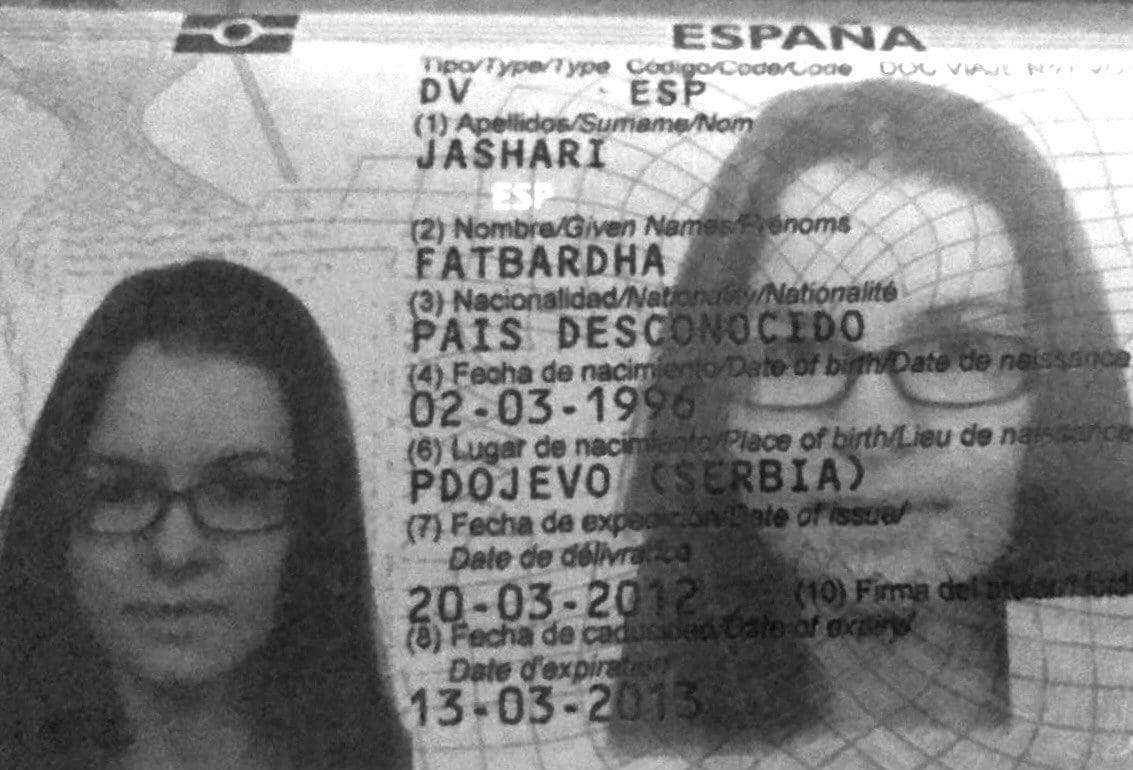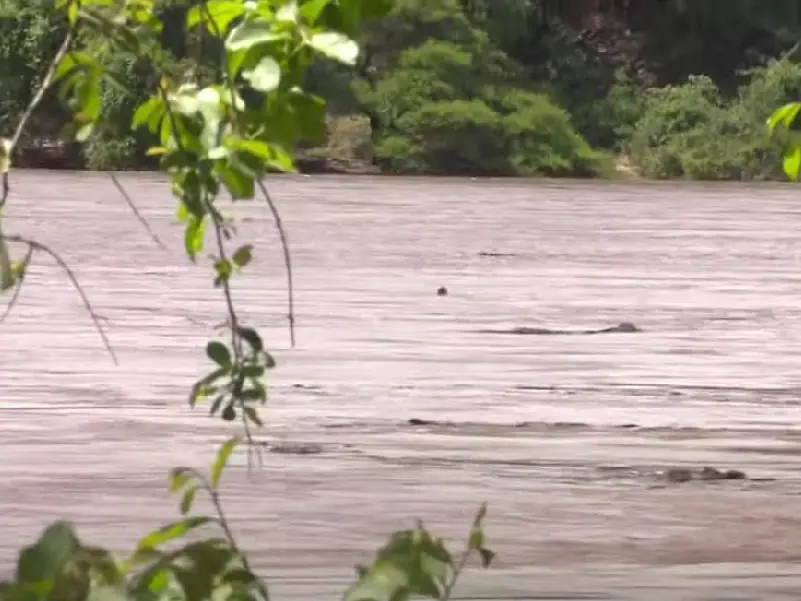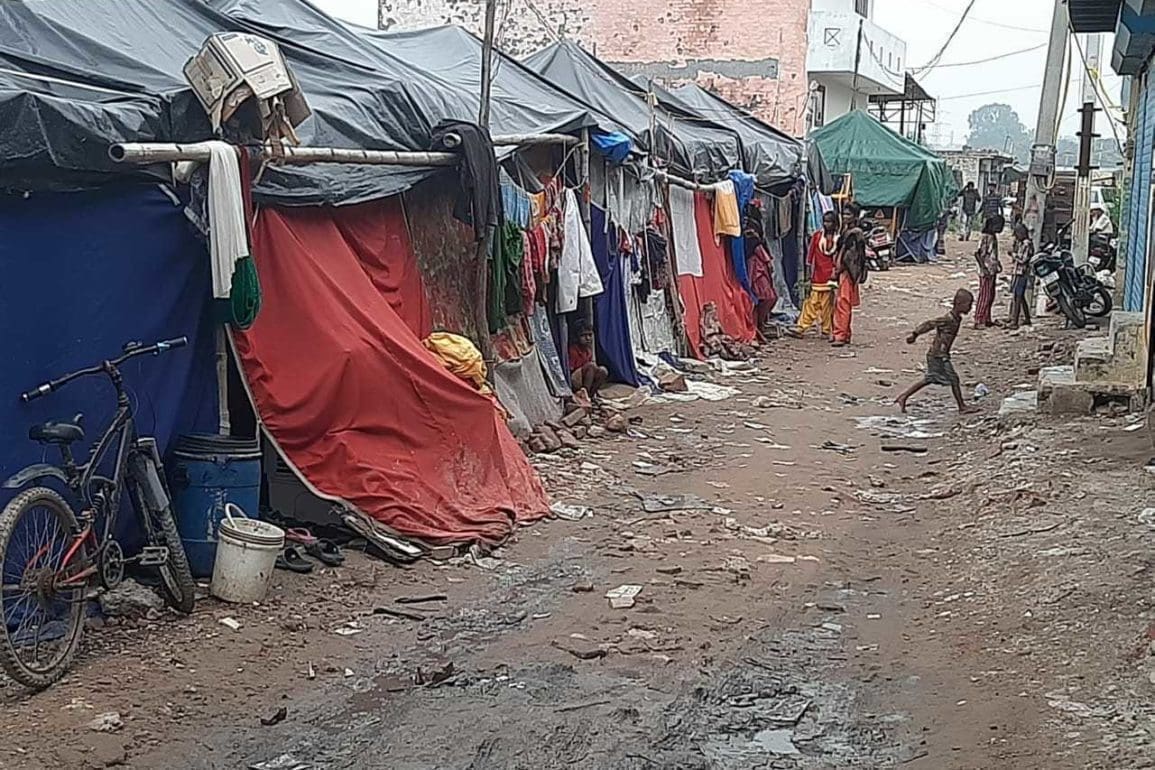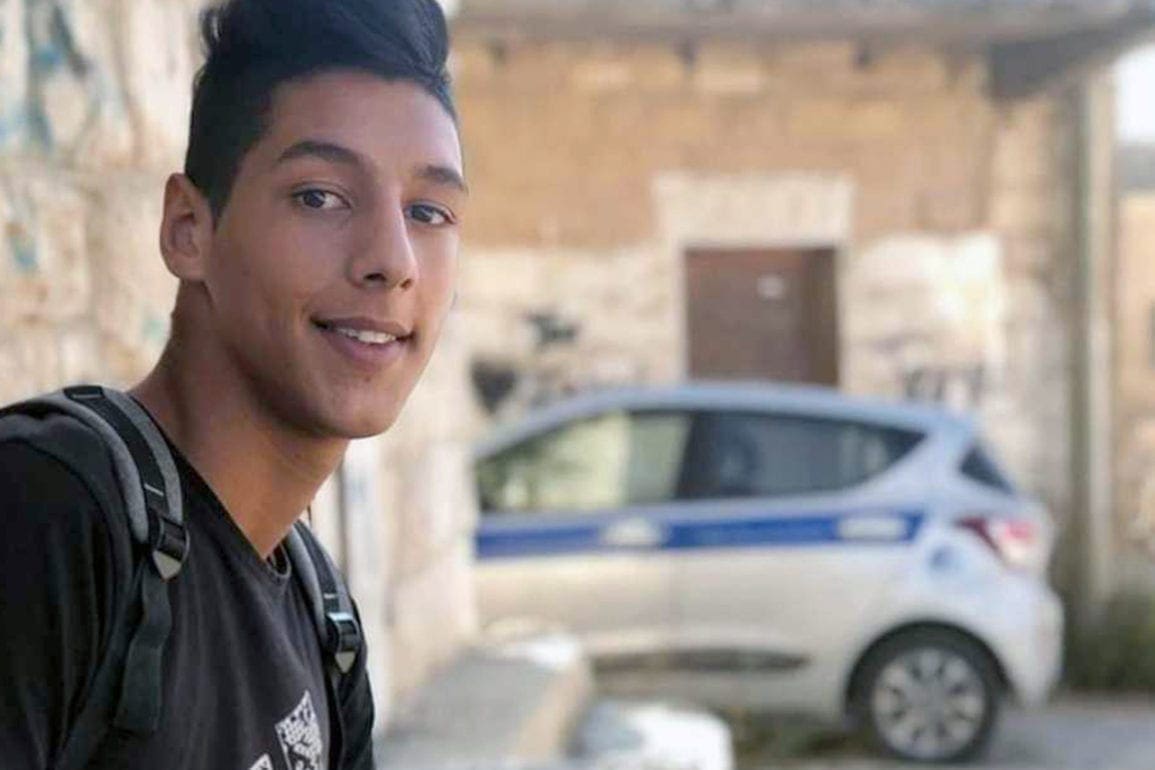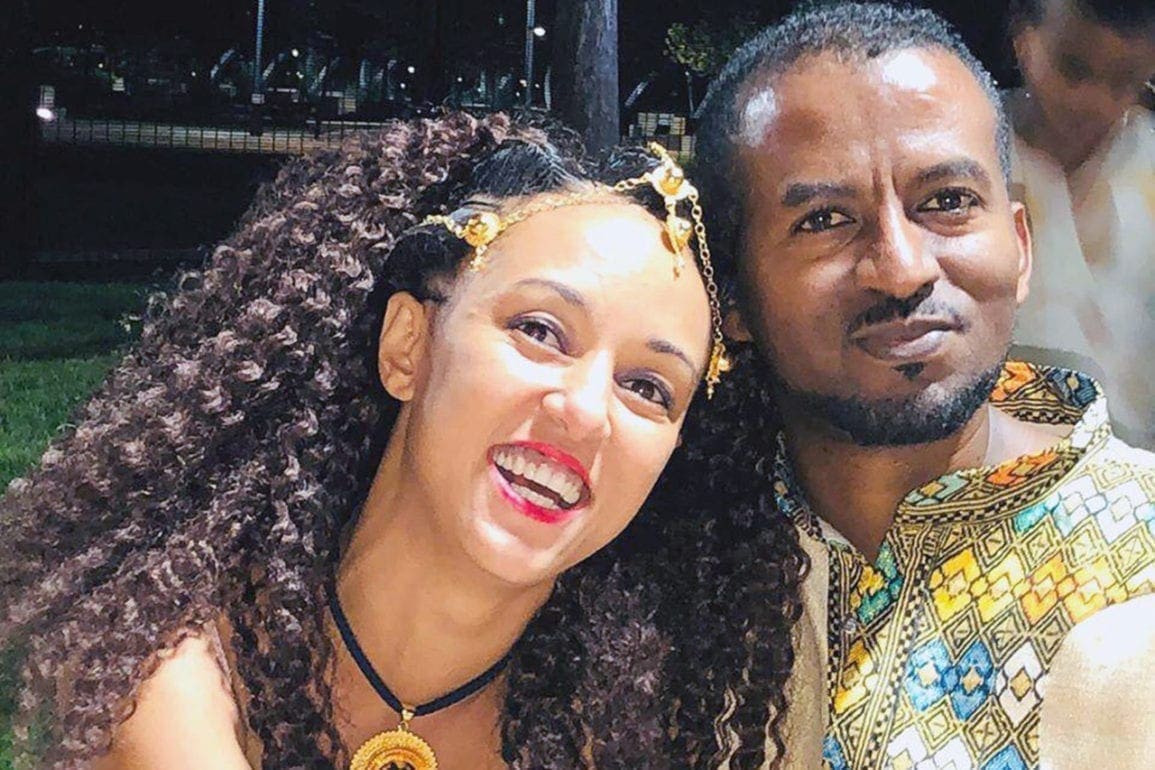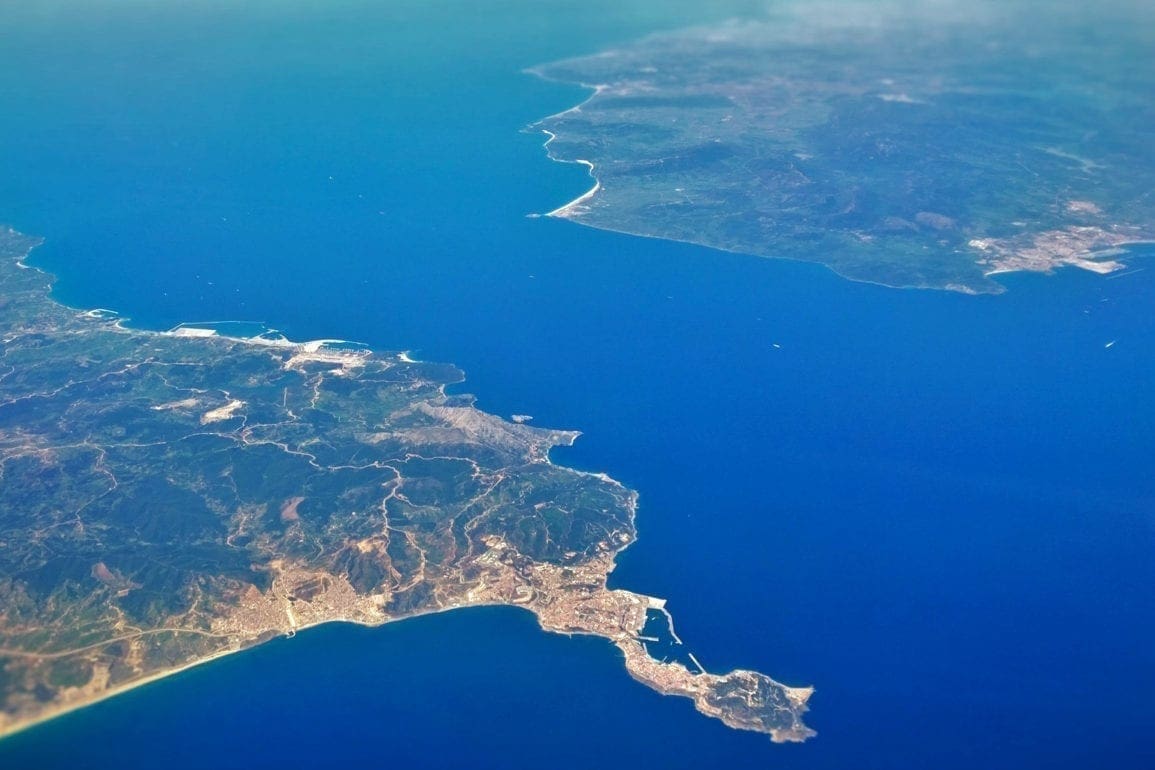Drug cartel takes over paradise: mother of four flees home, moves into abandoned stadium
One afternoon, as I walked down the street with my children, a fight broke out. The roar of gunfire erupted, triggering in me an urgent need to escape San Isidro. I realized death could come at any moment if I failed to act. Protecting my family became paramount.
- 2 years ago
July 6, 2024
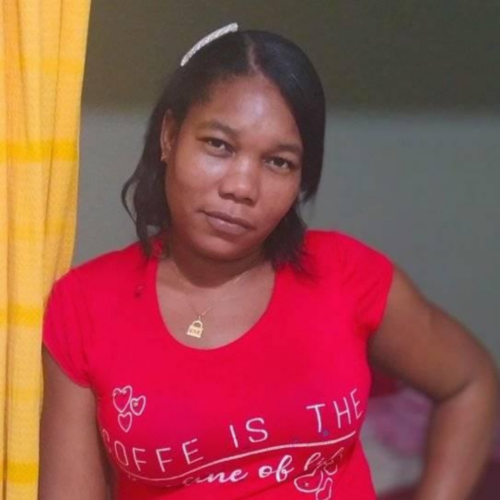
BUENAVENTURA, Colombia — Growing up in San Isidro, I opened the door of my house to the lullaby of birdsongs. I watched the lushness of nature unfold before my eyes. On my way to the beach, greenery surrounded me everywhere. I spent whole days on the sun-heated sand as the warm, crystal-clear water bathed my body.
Then, one day, I fled my home in the paradise of San Isidro under the constant threat of narcos. For two years now, my children and I make our home in the remains of an old sports stadium. We huddle in a locker room, waiting for authorities to decide if we can return. It feels like our lives came to a standstill and I question if I made the right decision. My children and I have simply shut down.
Read more displacement stories at Orato World Media.
Narcos with guns invade paradise: “I could not feel at ease in their presence.”
In San Isidro, as I made my way back and forth to the beach, abundant trees offered their delicious fruits. Guanábanas, guavas, breadfruit, yuccas, yams, and bananas remained readily available. I threw stones into the river and took pictures with my children. Life felt as bright as the reflection of the sun on the water. We lived in paradise, until darkness overtook us.
Strangers began to appear, some with long guns in their hands, and I discovered fear. Although the beach was close by, it became a distant place as we lived in seclusion. We felt frightened by this strange new presence taking over our community.
At times, the door rattled with sharp knocks. One day, when we opened it, these people insisted we attend a meeting. Once there, the narcos tried to convince us we had nothing to fear. Yet, their stern faces, the presence of weapons, and their dominance over our once-free territory made it impossible not to fear them. I could not feel at ease in their presence.
One afternoon, as I walked down the street with my children, a fight broke out. The roar of gunfire erupted, triggering in me an urgent need to escape San Isidro. I realized death could come at any moment if I failed to act. Protecting my family became paramount. I could not, at the time, fully comprehend what was happening, but I knew this was no place for us.
Filled with fear, my children and I ran home. Without stopping for a second, I began to pack our bags. “Where are we going, mummy? I want to stay here,” one of my children whimpered. Another crawled under the bed, crying. A third tried grabbing my arms to stop me, but I made my decision. Our paradise no longer existed, and we needed to leave to survive. My four children, mom, dad, and I got into cars and headed for the city. Through the window, we watched as we left our life behind. I could not help but to cry. Ahead of us, lay only uncertainty.
Displaced by narcos, family settles into the colloseum
My family and I soon reached Buenaventura. In the square, we stepped out with our suitcases, unsure where to go or what to do. We were safe, but it felt strange, unable to understand how to continue. At 6:00 p.m., nightfall would come soon, so we walked to the mayor’s office to explain our situation. They gave us food and two mats. We settled on the sidewalk for our first night away from home. I never imagined that day would turn into years.
Little by little, Buenaventura filled with people from San Isidro. Almost our entire community sought refuge there. A few days after our arrival, the authorities took us to the Coliseo El Cristal, a dilapidated sports stadium with a roof. Entering this giant structure with its crumbling façade, we walked along the basketball court floor. We looked up at stands that would never fill while searching for a place to settle. I remember thinking, “I would wish this on no one.”
We soon made the men’s locker room our home. In a space with eight toilets, 15 of us found accommodation. My older brother lives in a makeshift room which we invented. In another area, my children, parents, and I settled. We cook and wash dishes in the sink after each meal. A rickety wooden gate separates us from other families crowded in the stadium. At night, the breeze blows in and freezes us. When heavy rains come, the roof leaks, leaving us soaked. To sleep, we put the two mats together and added thick blankets. Seven of us lie crisscrossed, positioning ourselves the best we can. Crammed together, we constantly bump into each other.
Mother sacrifices for her family: “Whole days pass when I cannot eat”
As the night goes on, our bodies shift in different directions, and we almost always end up lying on the cold tiles. My back pain feels permanent. I can find no comfortable position and privacy becomes a distant memory. Some nights, I dream of San Isidro.
I see myself in my bed, in a single room in my old house. As I happily bathe in the river, I remember the tastes and smells of the fruit. In these dreams, I hear the sound of animals, as if I traveled back to the paradise I lost. Then, I awake to the shocking reality of my life as I open my eyes. Every morning feels devastating, like being doused by a bucket of ice water.
With no money or job, obtaining food becomes challenging. I volunteer in a school which offers my family some food, but it is not always enough. Making sure my elderly mum and dad eat first, sometimes I go without. Often times my children come to me. In desperation, they say, “Mum, I’m hungry,” and I have nothing to give them. I just hug them, and we cry together.
Most of the time, I try to be strong. I pretend to be happy, smiling as I play with my children. I attempt to make it fun for them. Meanwhile, emptiness and anguish consume me. They need not see my suffering. When I find myself alone, I lock myself in the bathroom and cry to let off steam. Whole days pass when I cannot eat, insisting my loved ones eat first. My children offer me rations in an attempt to share and I lie to them. “No, my love, I’ve eaten,” I say. “My belly is already full, don’t worry.”
Clinging to hope: My desire to return to San Isidro
Seeing my children eat becomes my only source of happiness these days. Yet, my own lack of food makes me tired, weak, and sad. Some days, I awake dizzy, with terrible headaches and as I walk, my body quickly tires. Lack of money leaves me suffering from temptation with little ability to buy food for energy, but I must carry on. I need to offer my family courage and encouragement. Our life feels like confinement.
I miss the ocean, fruit trees, and nature. Everything reminds me of what I lost. Despite my best efforts to be positive for my family, my children remain disappointed. In the crowded sports stadium, they can hardly play. Families and their belongings fill every inch. If the kids use a ball, they disturb someone and people here quickly let you know. To avoid trouble, they do nothing, laying around in boredom.
Sadness consumes me as I watch my children’s stressed faces lose their glow. My heart breaks and I can do nothing about it. My eldest son, at 22-years-old, finally left Colombia. While it felt hard to see him go, at the same time, I knew it was the best thing for him. We never imagined our displacement could last so long.
Back then, I believed we might leave San Isidro for a matter of days, but two years passed, and it feels like an eternity. Every moment feels like a martyrdom, a condemnation. Sometimes I think, “Would it have been better to die in our house than survive in these conditions?” People say everything calmed down in San Isidro, but we still wait.
The authorities control our future, deciding if and when we can return home, or what is left of it. I try to stay optimistic. I hold onto my faith. It feels like the last thing I have. It keeps me somewhat stable. If the hope of returning to my village disappears, I think I’ll go crazy. I am a displaced person in God’s hands.

